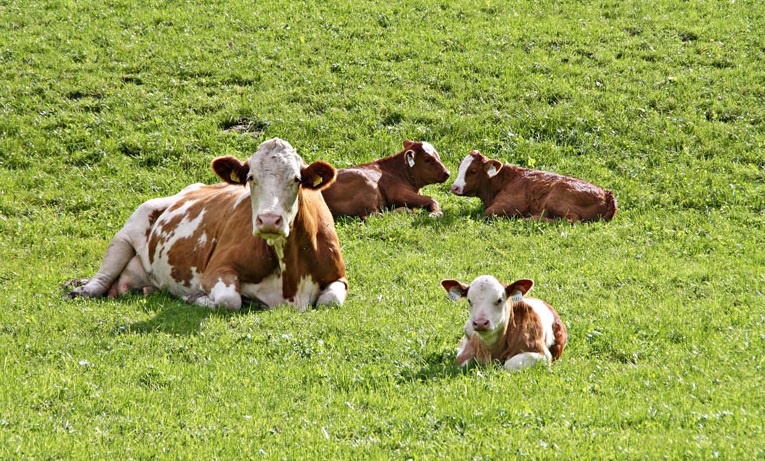British Veterinary Association responds to competition watchdog’s provisional decision and welcomes call for vet practice regulation
15 Oct 2025
BVA has launched a new policy position on the responsible use of parasiticides in grazing animals.

The British Veterinary Association (BVA) is calling on vets, livestock owners, horse owners and Suitably Qualified Persons (SQPs) to take a holistic and evidence-based approach to parasite control in grazing animals to tackle increasing drug resistance and concerns around environmental damage.
In its new policy position on the responsible use of parasiticides in grazing animals, launched today, BVA is recommending that the use of both anthelmintics and ectoparasiticides in cattle, sheep, horses, goats and camelids needs to be more targeted and based on diagnostics, rather than relying on blanket treatments at certain times of year. It is calling on all organisations representing vets, livestock owners, and SQPs to encourage and support members to take steps to implement its best-practice guidance, and for veterinary species-specific organisations to work with members to include structured, bespoke detail in health plans as a standard part of holistic parasite control plan.
Drug resistance is a threat to the efficacy of all parasiticide groups. In the UK, resistance is reported mainly in gastrointestinal nematodes and, increasingly, in liver fluke. There is now also evidence of resistance in lungworm. There is also substantial evidence on the impact of parasiticides on invertebrate species in the environment, many of which are key to biodiversity and soil health.
In BVA’s Voice of the Veterinary Profession Survey in November 2024, large animal vets reported that 42% of their clients sourced parasiticides from SQPs working in feedstores and farm merchants, 9% from their practice, and around 41% from a mix of the two. Similarly, equine vets said that 41% of clients sourced parasiticides through SQPs, but 43% sourced them from a mix of vet and SQPs, and only around 9% solely from the vet practice.
With the vast majority of parasiticides being prescribed by SQPs, BVA’s policy encourages a collaborative approach between vets, livestock owners and SQPs that focuses on improving the communications and oversight between them, and empowering SQPs to consider context in more detail when prescribing parasiticide drugs. Recommendations in the policy also include an increased focus on diagnostics and monitoring of annual sales data, alongside more careful assessment and reporting of the environmental impact of any product.
Other key recommendations include:
British Veterinary Association President Dr. Elizabeth Mullineaux said:
“There is increasing concern amongst veterinary professionals about resistance to treatment of common parasites in large animals due to misuse and overuse, which is a huge health and welfare risk for livestock and horses. There is also a growing body of evidence to show the impact of these products on invertebrate species in the environment, many of which are vital for biodiversity and soil health. As with dogs and cats, the treatment of grazing animals with parasiticides is one of the ways in which these products enter the environment, which is why it is vital they are used appropriately, when needed, and their impact monitored. Maintaining the safety and efficacy of parasiticides in the future is important not only for animal health and welfare but also human health and food security.
“While species-specific best practice guidance and principles for managing parasiticide use have been produced for sheep, cattle, and horses, there is a need for a more comprehensive approach ensuring consistency across the sector.
“We also know that the vast majority of large animal parasiticides are being supplied through SQPs, which makes them important contributors to implementing responsible prescribing. Reclassifying these products to prescription-only may not achieve the desired change, which is why a collaborative approach between vets, farmers and SQPs that focuses on improving communications and oversight and empowers SQPs to consider context in more detail when prescribing parasiticide drugs is a key recommendation in our policy position.”
Read BVA’s policy position on the responsible use of parasiticides in grazing animals.
Get tailored news in your inbox and online, plus access to our journals, resources and support services, join the BVA.
Join Us Today